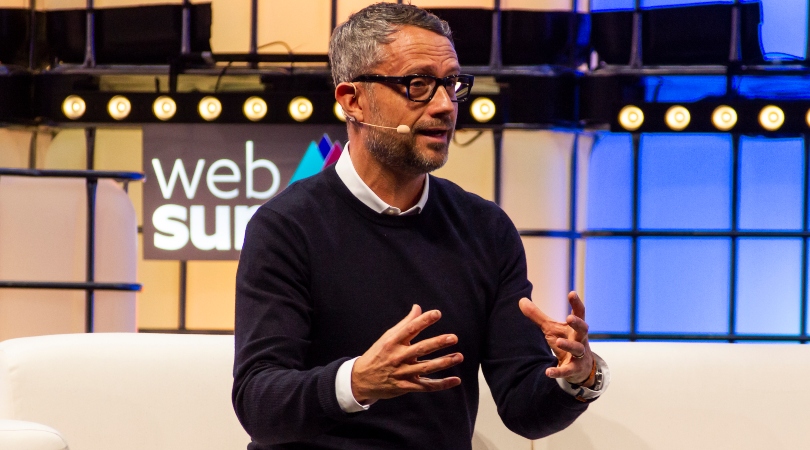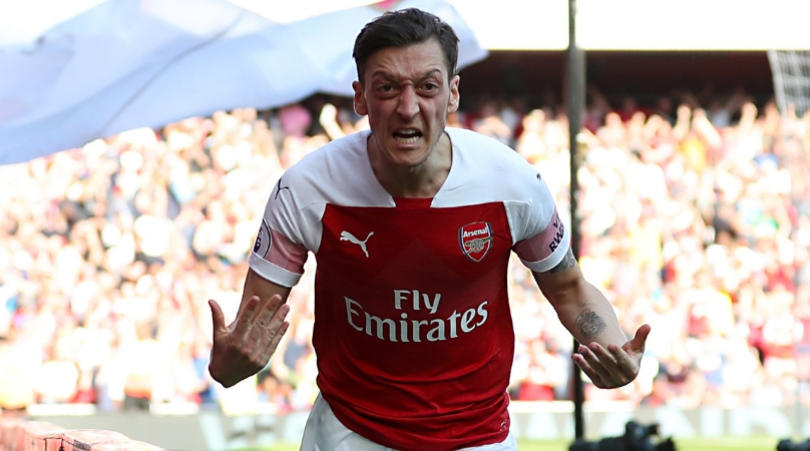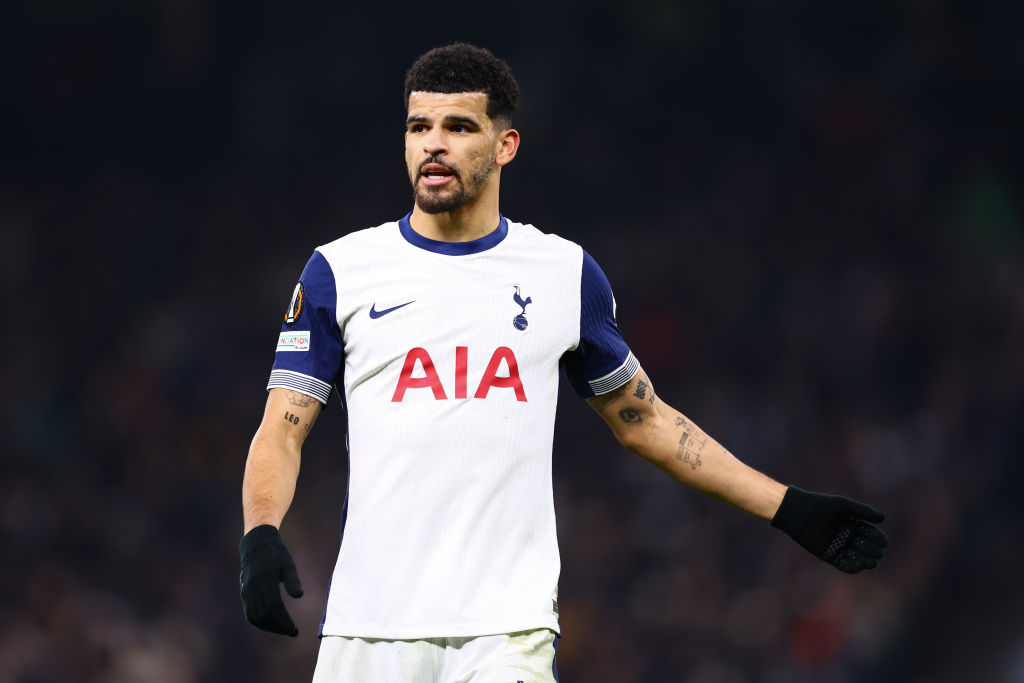Meet the man with the biggest job in English football – what challenges await new Premier League CEO David Pemsel?
The Premier League has taken over a year to find a successor to Richard Scudamore. How will his replacement deal with TV rights, Brexit and Jeremy Corbyn?

Finally, the Premier League has its path plotted. Susanna Dinnage had second thoughts, Tim Davie wasn’t interested, but David Pemsel has been appointed as the new chief executive – Richard Scudamore’s successor – and will begin work no later than April 2020.
"His straightforward style and personal integrity make him an ideal person to lead the business. At the Guardian, he has shown strong leadership through a period of change and transformation."
Chelsea chairman Bruce Buck’s welcoming comments very deliberately made reference to change and transformation. In the past, the Premier League has been a reactive organisation. Very obviously so, given that its entire premise was adapted from America. Now, it finds itself behind the curve again, watching on as the rest of the world’s sporting properties evolve.
The NFL, MLB, NBA and NHL have all adapted to the streaming age, while Australia’s NRL has also followed suit. But the Premier League continues to have its horizons limited by the Saturday blackout and, by its own design, through its longstanding relationship with satellite broadcasters.
The past weekend offered a reminder of how limiting some of the Premier League’s tendencies now look. With three games kicking off simultaneously at 2pm on Sunday, only one was available to watch inside the UK. It was Chelsea’s game with Southampton or nothing and, in 2019 and with two of the country’s best-supported sides playing in the dark, that’s mildly ridiculous.
This, presumably, will be one of Pemsel’s primary objectives. It's a process which has begun, with Amazon having become the first streaming service to acquire a portion of the domestic rights package, but only in a relatively token way. Digital season tickets and viewer-specific fixtures: that’s the future, and English football has been too slow to embrace it. The task is to outfit the league in such a way that it speaks to younger generations, the future fans who've never known anything other than Netflix and Hulu.
Pemsel may not have been the first choice to lead the Premier League's post-Scudamore era, but those who have been approached have all had vaguely similar CVs. Dinnage made her name in television: she was and remains the Global President of Animal Planet. Davie is a former Director General of the BBC and currently the CEO of BBC Studios. The nets are in these waters for good reason; this is the frontier - the need was for someone who understands how to adjust to changing trends and habits.
Get FourFourTwo Newsletter
The best features, fun and footballing quizzes, straight to your inbox every week.
Pemsel’s past is slightly different, but the rationale behind his appointment isn’t hard to trace. His success was achieved at a company forced to navigate a tough adaption and which had – initially - to operate in a world in which it wasn’t entirely comfortable. Like almost every other British print newspaper, the Guardian has spent many of the post-internet years flummoxed by the industry’s big, unanswerable questions – but Pemsel will leave the company finally in profit.
It speaks to his acumen, but also his ability to correct the thinking within organisations that are resistant to change.
The challenges of his new job won’t be quite the same, but they will still require creative solutions. Among the darker clouds on the horizon is, of course, the UK’s departure from the European Union. The end of freedom of movement is an obvious threat to the competition’s global status and the restrictions Brexit places on academy recruitment and transfer activity will, in whatever form the final agreement takes, alter existing dynamics and diminish the league’s primacy.
There’s talk of amnesties being created to safeguard a source of British soft power, but such legislation exists in theory rather than practice, and will require detailed negotiation over months and years.
As would any measures designed to protect the competition from the challenges of a radical left-wing government. The Premier League is sporting capitalism’s opulent jewel and, consequently, a breeding ground for the kind of ultra-high earners who would be targeted by a socialist economic policy. Re-distribution may have advocates in the country at large, but none of those people work at Gloucester Place. Jeremy Corbyn and the Premier League are, in that sense, natural enemies.
So this isn’t a passive role for David Pemsel. He will be inheriting a position of great strength and visibility, but he’ll have to use those virtues in a way that his predecessors didn’t. The sky isn’t the limit for the Premier League any more – the world has and will continue to change.
While you're here, why not take advantage of our brilliant subscribers' offer? Get 5 issues of the world's greatest football magazine for £5 – the game's greatest stories and finest journalism direct to your door for less than a pint in London. Cheers!
NOW TRY...
OPINION The Premier League's use of VAR prevents it from providing what it can do best: consistency
PODCAST Glenn Hoddle: the lost legacy
WATCH Premier League live stream best VPN: how to watch every game from anywhere in the world
Seb Stafford-Bloor is a football writer at Tifo Football and member of the Football Writers' Association. He was formerly a regularly columnist for the FourFourTwo website, covering all aspects of the game, including tactical analysis, reaction pieces, longer-term trends and critiquing the increasingly shady business of football's financial side and authorities' decision-making.

